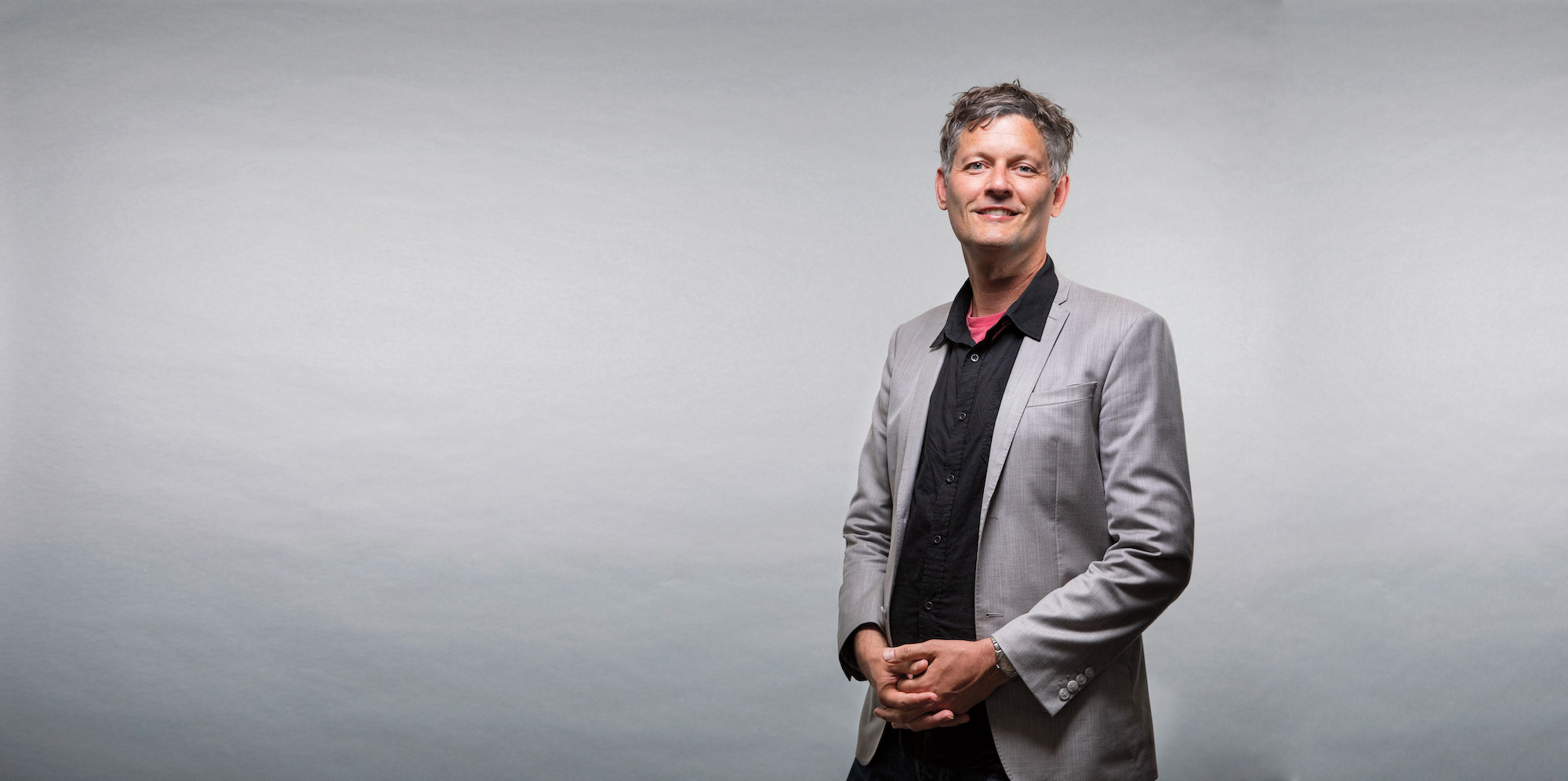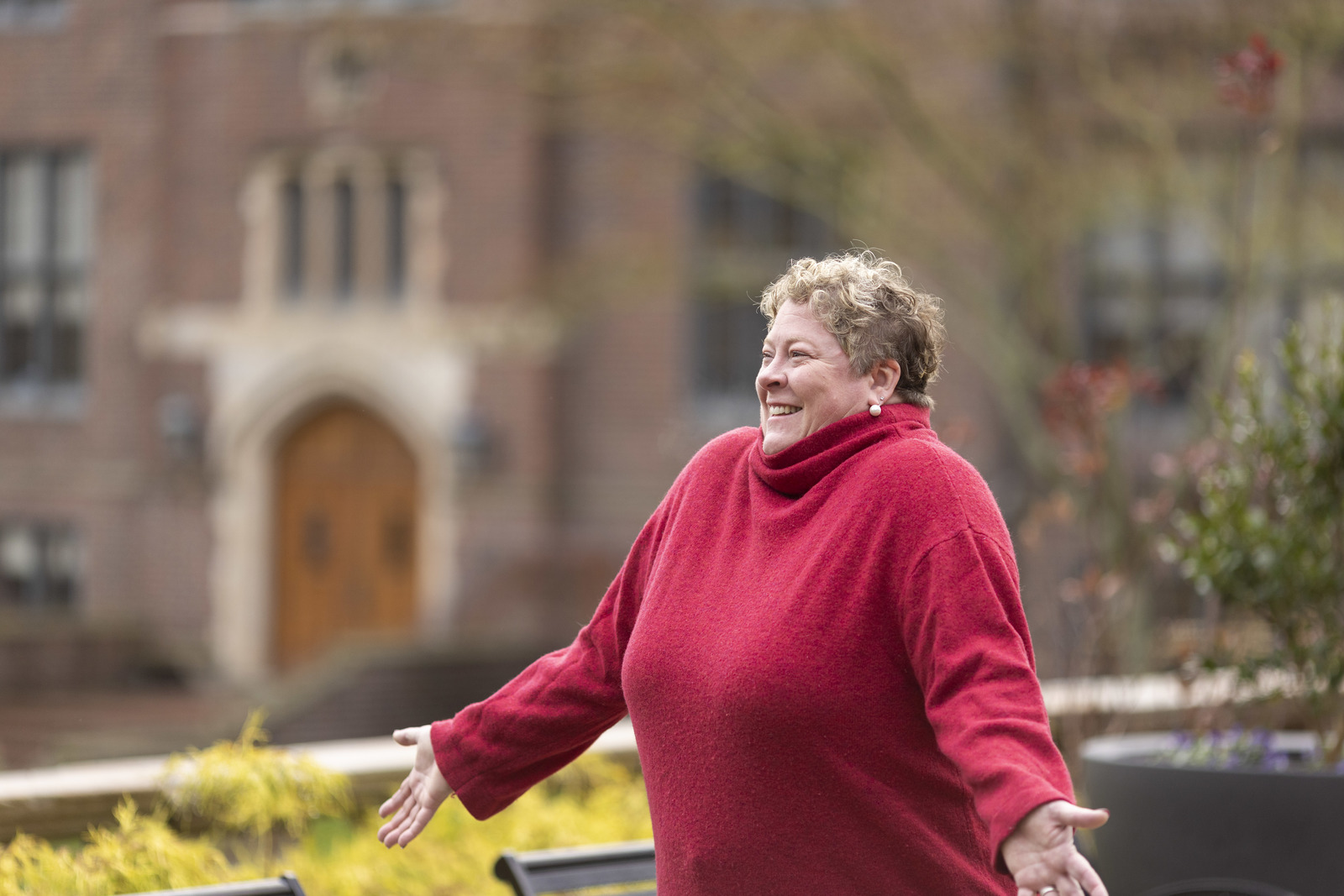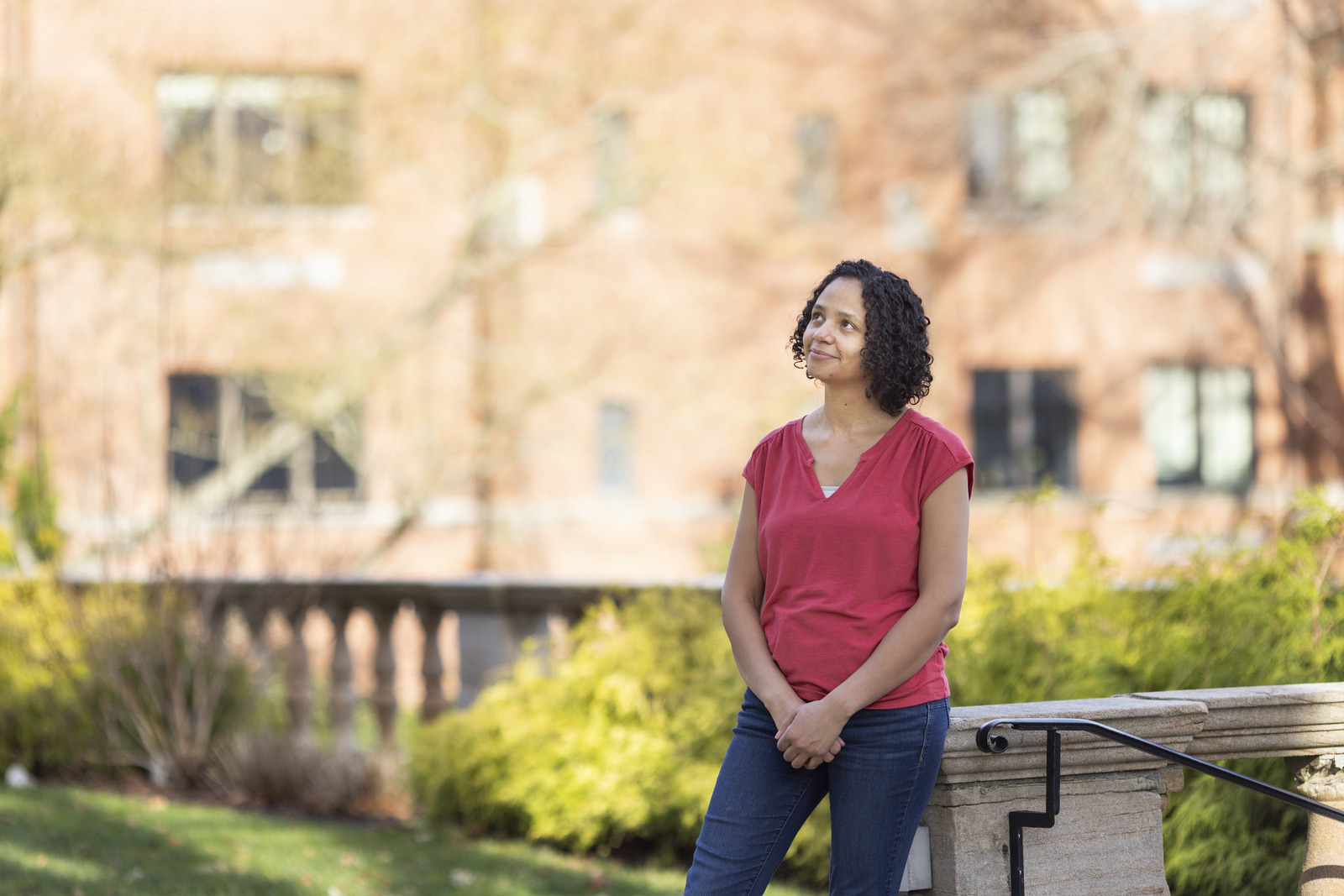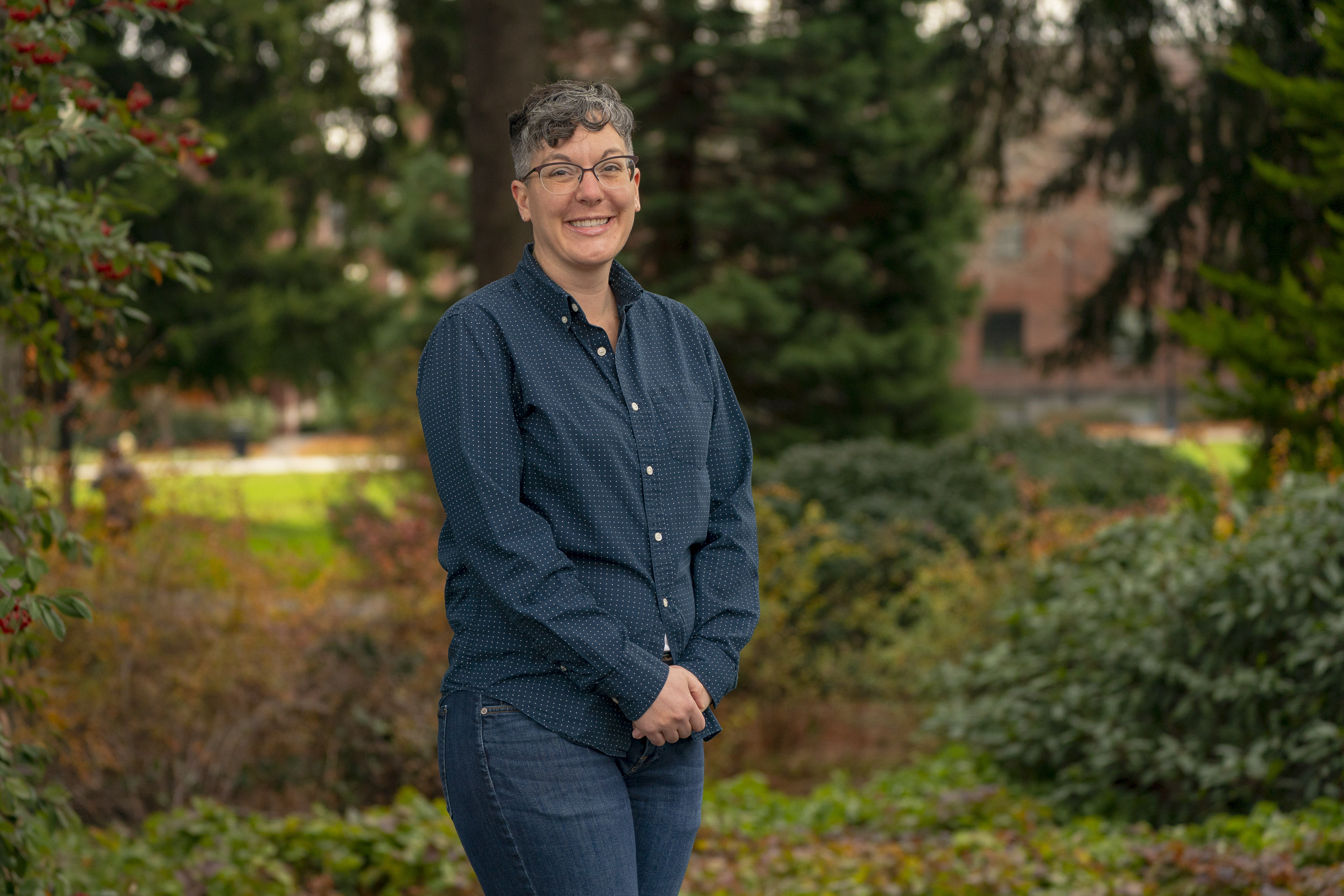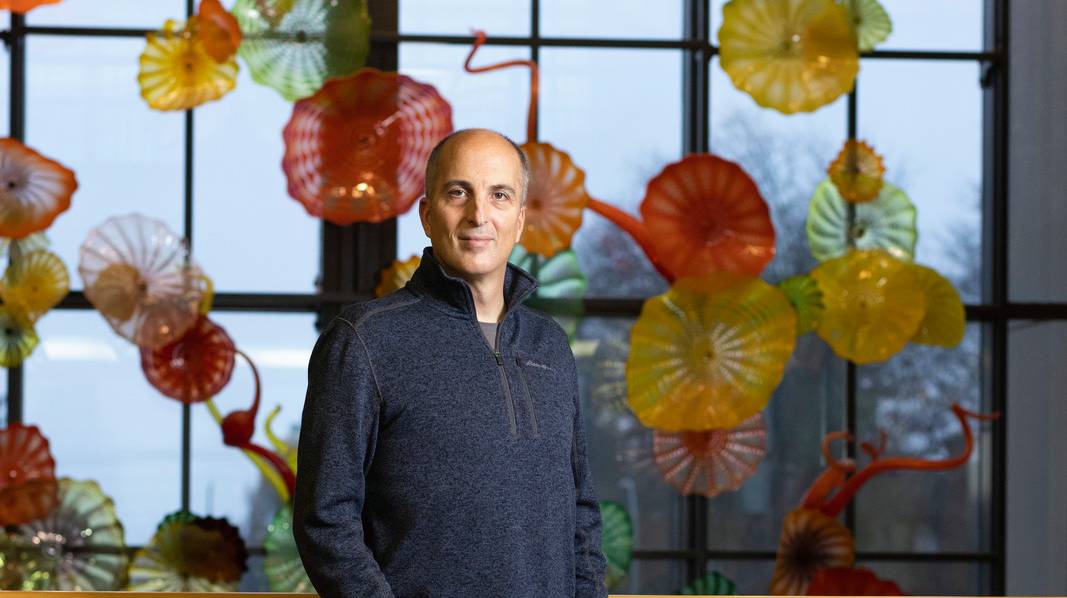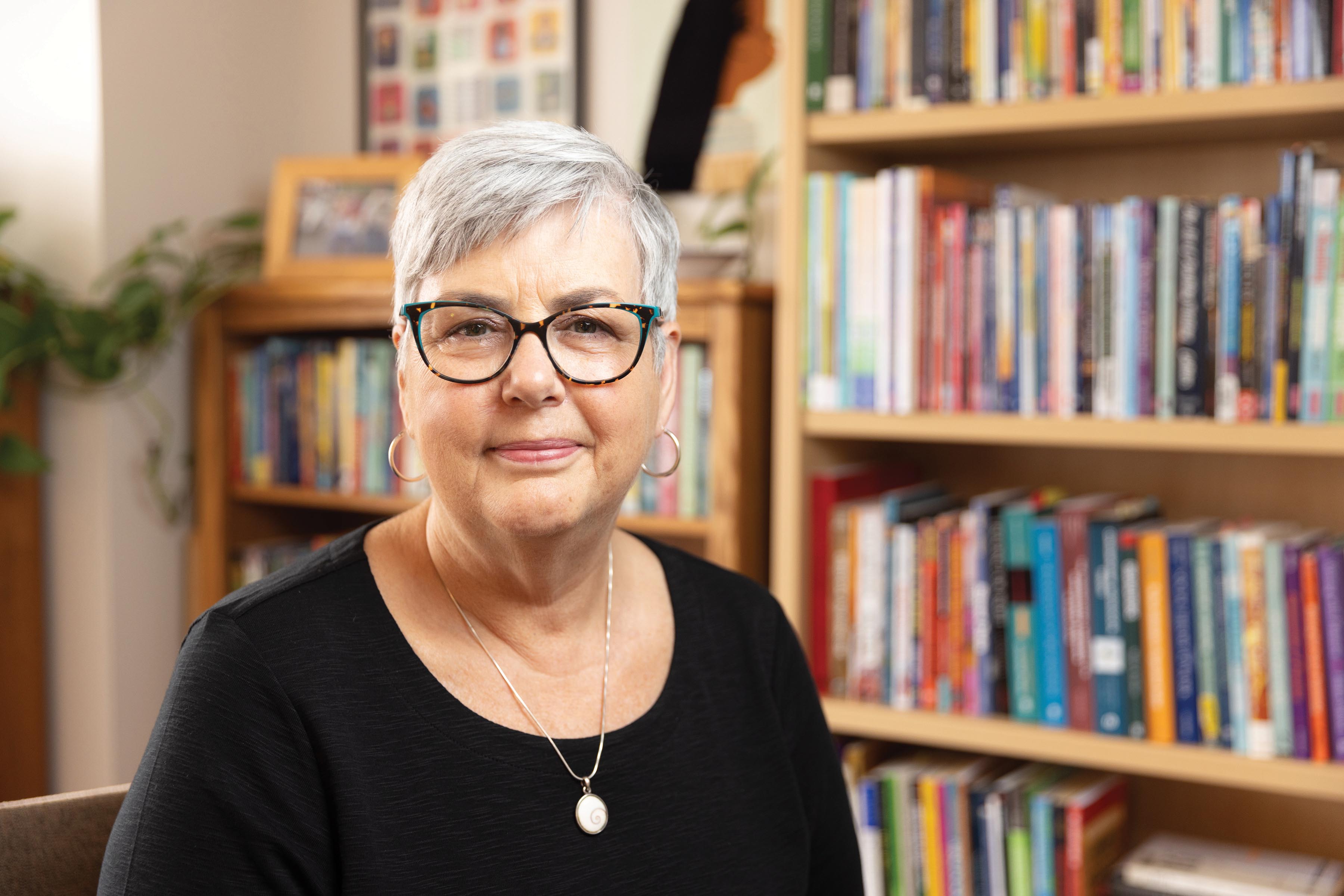Q: As you conducted your research, did you believe that the Qatari government was genuinely interested in improving the justice system?
A: Oh, yeah. Definitely. I do think that the government was interested in refining its justice system to better serve the vast migrant population present there. And I have found that collaboration with my Qatari colleagues, sometimes funded by the state itself, has been the best way for me to actually implement and instigate change in Qatar. So while I know that there are many colleagues of mine at other universities who would shy away from that kind of collaborative work with the state, I found it provided me with a platform that allows my work to do more than exist on the sidelines.
Q: Are you aware of what kind of long-term impact the study has made?
A: We have seen the laws begin to change for the better, and the implementation of those laws shifting before our eyes. Those are the kinds of changes that, broadly speaking, are resulting in better experiences for the vast populations of migrants there. I don’t have a way to trace these big, significant changes in policy to my specific study, but rather recognize that I’m part of a collaborative team of researchers, including some Qatari researchers, who have been seeking to impel these kinds of policy changes.
Q: When you say you’ve seen laws change, what’s one example?
A: Domestic workers were traditionally not subject to the same labor laws as the rest of the migrant population in Qatar. That led to all kinds of abuses and problems. Lately, that’s changed, and most importantly, I’ve been hearing stories about state representatives beginning to fine employers for keeping their domestic worker’s passport, which used to be very common. That’s the kind of change that we’ve been pushing for, for a long time.
Q: Aside from changing the justice system, is it also a question of changing a cultural mindset?
A: Absolutely. But those kinds of things change slowly. We can change the policies, and oftentimes the attitudes will follow those changes. I taught at Qatar University for two years, and really getting in touch with the students there, I can say that it’s not just changing circumstances that are leading to this shifting idea of what the norms are around labor practices, but it’s also a generational shift. The young Gulf Arabs are bringing a variety of new and different attitudes and perspectives to the way that they think about and relate to the outsiders who work in their presence.
Q: As you conducted interviews, what was your impression about the migrants’ experiences overall?
A: There are plenty of travesties, and plenty of exploitations as we find in any other part of the world. I’ve encountered a wide range of experiences—some good, some bad—and I’ve found that this variability is hardwired into the Gulf migration system. I often draw this analogy for my students: Just like they left their parents’ households a few years ago for college and ventured out into the world in this American rite of passage, for tens of millions of South Asian young men and women, migration to the Gulf States represents something similar. It’s their pathway into the world. I think it’s important to keep in mind the lives that are lived through this era of mobility.
Q: You recently took a group of students to Qatar as the field school component of the new course Migration and the Global City, which you co-teach with Professor Robin Jacobson. What was that like?
A: I just loved it. It’s always a strange juncture for an anthropologist to bring anyone with her or him into the field. We’re professional strangers, and solitary ones at that. But I’ve been going back and forth to Qatar for more than 10 years now, and it’s my home away from home. I have lots of friends there, both workers in the labor camps and academics at the universities. To bring students with me into the field and to see it through their eyes was really energizing to me. I think it really helped that I had such an amazing and lovely group of students. All 17 of them were just wonderful ambassadors, both for our university and for America, as well. They helped me see Qatar with fresh eyes.
Q: What kinds of reactions did you get from the students?
A: What the students conveyed to me was that it really jogged their perceptions of the world to be in this very modern and cosmopolitan place that’s not North American or European, but rather an altogether different space. I think the students were really energized by that. One of the enduring results that I was hoping to produce there was to really rework the way that young Americans think about the Middle East, because we hear so many difficult stories about the problems there. But I think to see the kind of urban modernity in Qatar really gave them a different foundation from which to build their perceptions of the Middle East.
